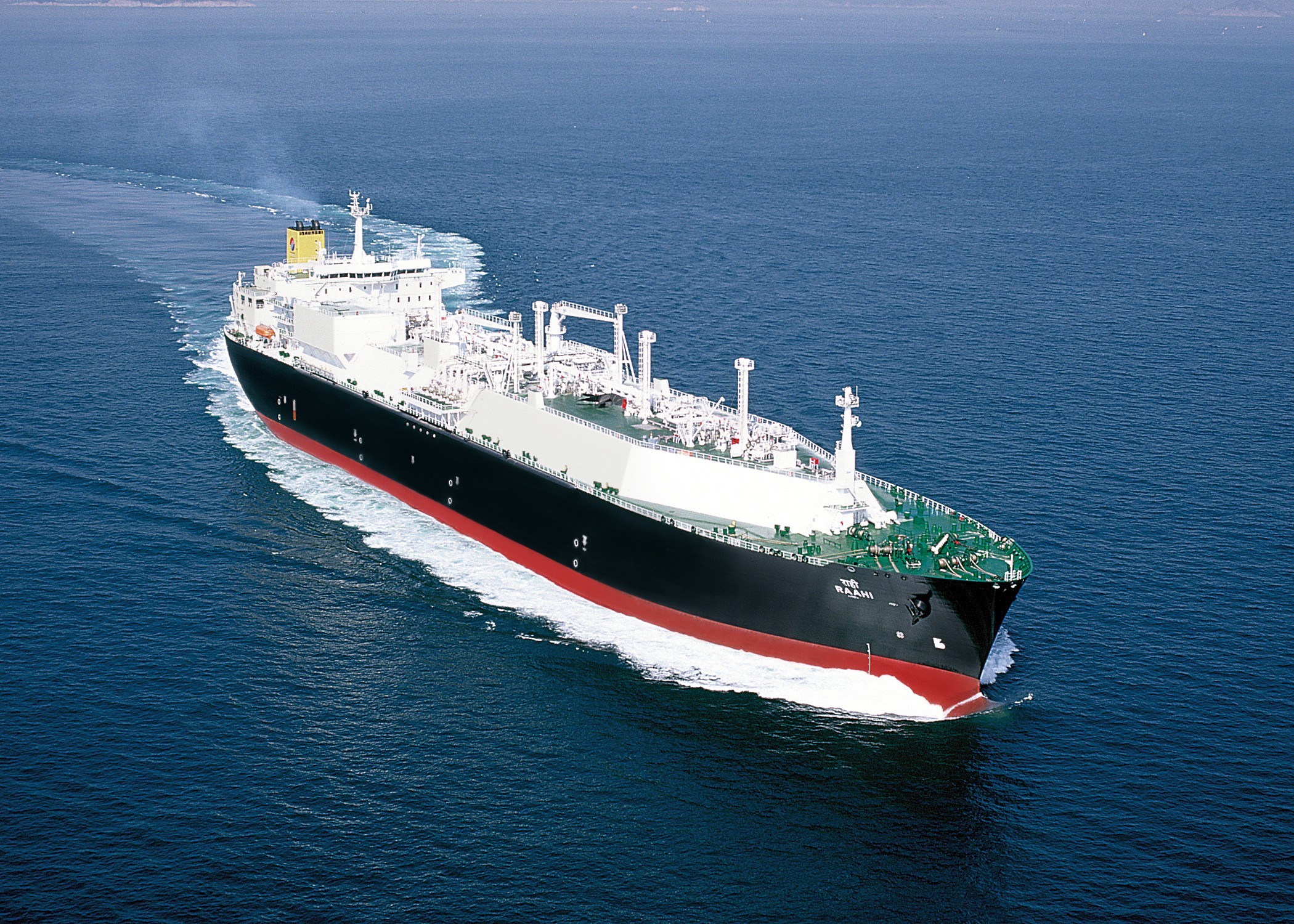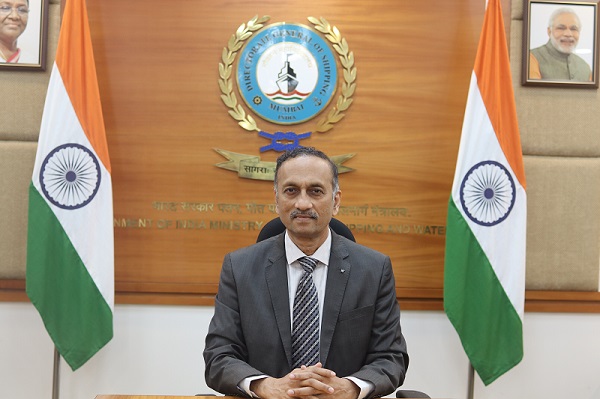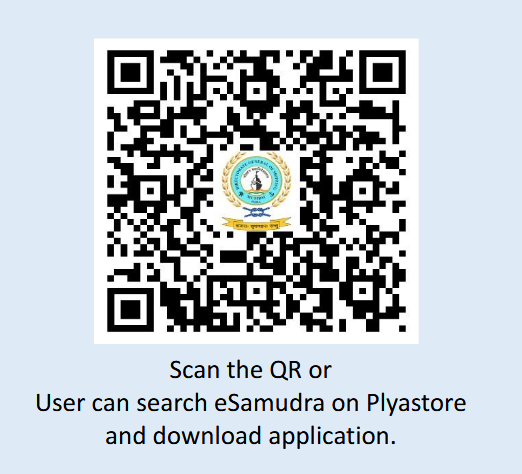About Us
The Directorate General of Shipping is an attached office under the Ministry of Ports, Shipping and Waterways, Government of India. It deals with all executive matters related to merchant shipping.
Prior to independence, Indian shipping remained a neglected subject. It was only after independence that the development of the shipping industry attracted focused state policy. Initially, the subject of shipping was handled by the Ministry of Commerce until 1949. In 1951, it was transferred to the Ministry of Transport and Shipping.
In 1947, the Government of India announced the National Policy on Shipping, aiming at the comprehensive development of the industry. To accelerate these developmental efforts, the need for a centralized administrative organization was recognized. Accordingly, the Directorate General of Shipping was established in September 1949.

The RAAHI is an LNG tanker (Liquefied Natural Gas Carrier).Built in 2004, it has a length of 277 meters and a width of 43.4 meters. The vessel has a gross tonnage of 94,058 tons and a deadweight of 81,237 tons.
This Directorate deals with all matters concerning Maritime Administration, Maritime Education and Training, development of the Shipping Industry, and other related subjects.
Initial Objectives of the Directorate General of Shipping:
-
Matters affecting merchant shipping and navigation, and administration of merchant shipping laws
-
Measures to ensure safety of life and ships at sea
-
Development of Indian shipping
-
Implementation of international maritime conventions
-
Provision of facilities for training officers and ratings for the Merchant Navy
-
Regulation of seamen employment and their welfare
-
Development of the sailing vessel industry
-
Regulation of ocean freight rates in overseas trade
The Directorate is responsible for implementing shipping policy and legislation to ensure: regulation of employment of seamen and their welfare, development of the sailing vessel industry, and regulation of ocean freight rates in overseas trades. The Directorate deals with implementation of shipping policy and legislation so as to ensure the safety of life and ships at sea, prevention of marine pollution, promotion of maritime education and training in coordination with the International Maritime Organization, regulation of employment and welfare of seamen, development of coastal shipping, augmentation of shipping tonnage, examination and certification of Merchant Navy Officers, and supervision and control of the allied departments and officers under its administrative jurisdiction.
The Director General of Shipping is vested with statutory powers under Section 7 of the Merchant Shipping Act, 1958. He is assisted, on the administrative side, by the Senior Deputy Director General of Shipping, Deputy Directors General of Shipping, Assistant Directors General of Shipping, and Executive Officers; whereas on the technical side, by the Nautical Advisor, supported by Deputy Nautical Advisors and Nautical Surveyors; and on the engineering side, by the Chief Surveyor, supported by Deputy Chief Surveyors, Deputy Chief Ship Surveyor, Engineer & Ship Surveyors, and Ship Surveyors, along with supporting staff. The Nautical Advisor and the Chief Surveyor are also the Chief Examiners of Masters/Mates and Engineers, respectively, on behalf of the Director General of Shipping.
As the apex maritime authority in the nation, the Directorate General of Shipping is entrusted with the responsibility to:
-
Protect and advance India's maritime interests
-
Ensure the welfare and safety of over 500,000 seafarers
-
Safeguard the marine environment and prevent pollution
-
Regulate the registration, survey, and operation of all seafaring vessels, including their architecture and certifications
-
Promote international cooperation in maritime affairs
-
Represent India in global forums of the International Maritime Organization (IMO), London
-
Facilitate multimodal logistics and ensure the safe and economical transit and transshipment of cargo at major and non-major ports
-
Ensure port navigational safety, port and vessel security, in coordination with port authorities and security agencies
-
Maintain navigational standards and promote maritime domain awareness for commercial vessels































































































































